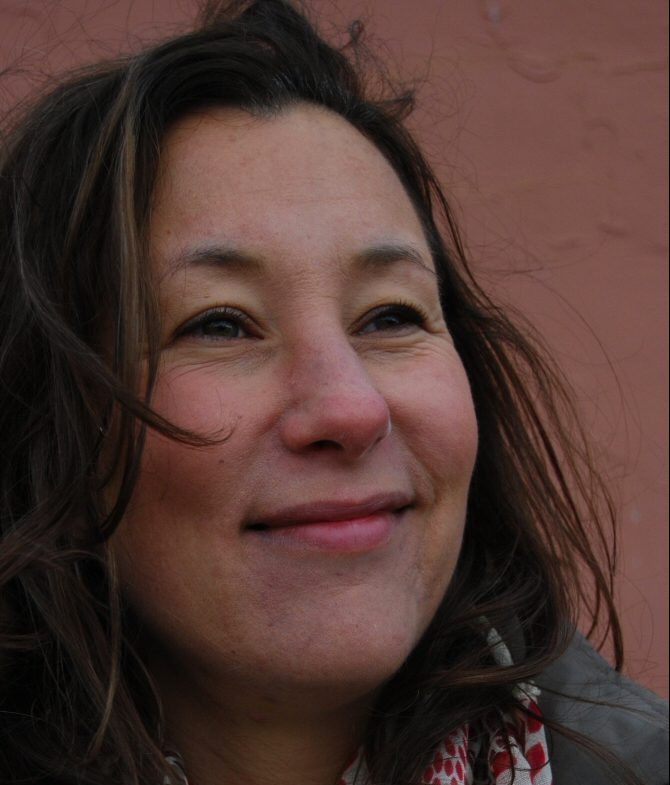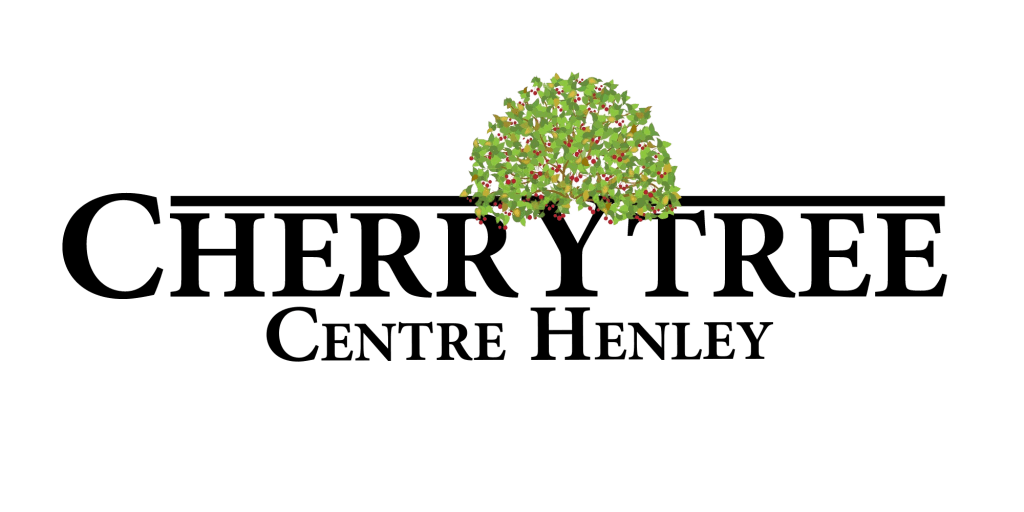
Catherine Watsham
Qualified Yoga Therapist and Teacher. Specialising in Mind-Body and Holistic Therapy
About Catherine Watsham:
I am a qualified Yoga therapist and teacher, regulated by the Complementary Natural Healthcare Council (CNHC), and have also met the performance outcomes for National Occupational standards and curriculum set by The British Council for Yoga Therapy.
Over the past few years, I have been privileged to work with many people, helping and teaching them strategies to improve their health on a one-to-one basis and also in small group sessions. Working collaboratively, I have created tailored programmes to support specific needs with the aim of empowering individuals to better self-care and to improve and/or manage symptoms triggered by chronic health conditions e.g. stress, anxiety, low mood, depression and trauma. Also individuals suffering from musculoskeletal conditions, chronic pain, and menopause.
My approach: My approach: a safe space will be provided to support personal inquiry. Yoga philosophy views the human organism as a multi-dimensional being. The Pancha Kosha (maya) model provides a simple way of observing the person from five different aspects. It’s important to work holistically, looking after the whole person, since we don’t function as separate parts. During our sessions we can explore mindful movement to improve physical awareness, posture, stability and mobility. This also offers the opportunity to be in your body in a gentle and nurturing way, to build curiosity in sensate experience, and to just notice internal experiences without judgment. The ability to breathe well is vital in supporting all physical systems. Here we can work with breathing practices and pranayama to improve the functioning of our heart, lungs, and increase energy.
The Mind/Emotional body includes all of our emotional ups and downs. Working at this level is key to enhancing wellbeing and bringing about mental clarity and emotional resilience. Deep relaxation can be useful to experience a sense of “letting go” and to relax. Visualisation, affirmation and meditation are additional tools to help us stay calm and positive. With time it might be possible to develop some self care routines – spending more time in the “present moment” can bring a sense of aliveness, and the ability to see the positives, opportunities and abundance of life. The Wisdom body engages the intellect and the higher faculties of the mind. In this place we can explore new perspectives, perhaps question our beliefs and attitudes. This might enable us to understand things differently, adapt and learn. Being open to learning and able to reflect on life means that lessons can be learned and positive changes can be made. We can find inspiration in many different places e.g. friends, health workers, educational films, podcasts etc. The Bliss body needs to be nourished adequately, and in simple terms it refers to our ability to find contentment and inspiration in life. Actively seeking out those “magic” moments can feel beautiful and up-lifting. Here we can connect with a part of ourselves that takes us into a different realm, we can experience spiritual connection and uplift.
Qualifications:
Training in progress: Yoga Alliance Accredited Trauma Informed Yoga Teacher.
Post Graduate Diploma in Yoga Therapy.
Certificate in Yoga Therapy.
Post Graduate Diploma in Yoga.
